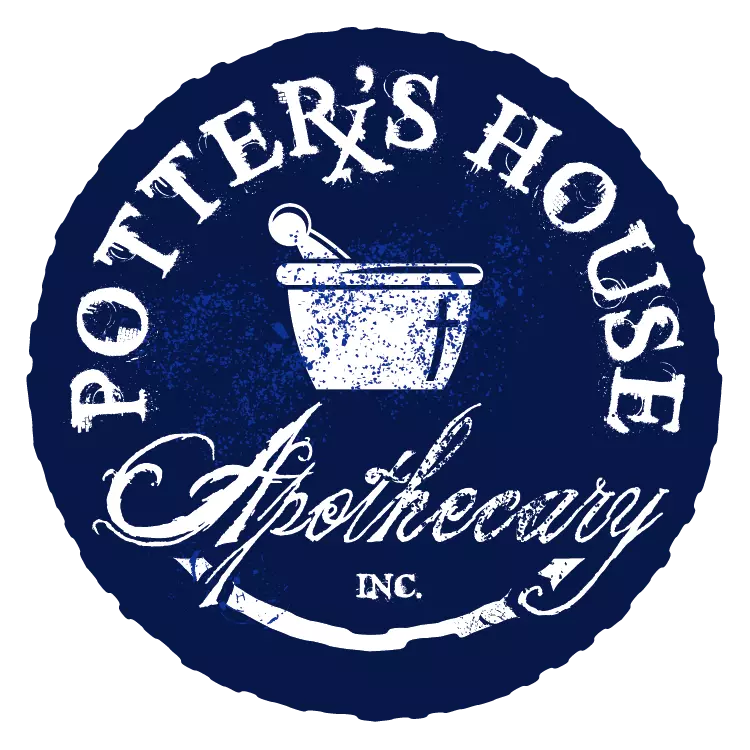Pills are such a common form of medication that when you picture medicine of any kind, the image you come up with is probably of a pill bottle or tablet. This universality comes from the fact that pills are easy to transport, disburse, and keep for long periods of time before they expire.
However, for many patients, pills are not an easy solution. Many patients struggle to swallow pills or to take medication in pill form consistently. For these individuals, standard pharmaceuticals can promise crucial results but overwhelming obstacles.
One of the ways that compound pharmacists help patients improve their health is by determining the best form of any given medication. Whether you have a long history of issues taking pills or simply wonder if an alternative method would suit you better, consult with your compounding pharmacy about the following 10 alternative medication forms.
1. Add-Water Powder
Many busy individuals purchase their favorite variety of lemonade, herbal tea, or sports drink as a powder that they can add to water as they desire to control the concentration. Many compounding pharmacies combine medicinal components with fizzy powder to create a drink patients can mix into their water and daily routines at will.
2. Injection
In some cases, patients struggle with conventional medication not because they experience difficulty physically ingesting medication but because they struggle to stay on dosage schedules. These patients can benefit from several alternative medication forms, especially injections.
Injections can allow patients to receive a dose once a month or once every few months from their doctor instead of trying to keep track of daily pills.
3. Liquid
Perhaps the most obvious alternative to pills is liquid medicine. While you can find cough syrups and certain other over-the-counter medicines in liquid form at the store, you won’t find liquid forms of most prescription medications, especially medications used for adults.
Compounding pharmacies can turn many medicines into liquid and create a flavor that suits your specific tastes.
4. Lip Balm
Most standard medications treat infections internally, meaning the patient takes a pill to achieve the desired effect regardless of which symptoms he or she may have. If you have cold sores or other painful lip wounds, internal medicine may take longer to bring relief than topical medication provided via compounded medical lip balm.
5. Lollipops and Lozenges
Certain medications, such as the topical treatments for oral thrush, work best when they stay in contact with the affected area for as long as possible. In these situations, your compounding pharmacist may recommend ingesting the medicine in the form of a lozenge or lollipop that can rest directly against the area of concern.
6. Orifice Drops
Ear and eye drops are common staples of many home medicine cabinets. However, certain ear and eye conditions require either oral antibiotics or medicated drops rather than standard ones. When you get medicated drops from a regular pharmacy, you must use the standard solution.
If you experience negative reactions to oral antibiotics or to standard ear or eye drops, work with a compounding pharmacy to create a solution that offers you the benefits without the side effects.
7. Orifice Spray
Like ear and eye drops, orifice sprays like nasal spray can allow for direct medicine administration as opposed to internal administration. In addition to conventional types of nasal sprays such as decongestants, your compounding pharmacist may be able to convert other medicines like vaccinations into sprays.
8. Suppository
A medicinal suppository is a degradable container of compounded medication that is inserted into a bodily orifice. The container then melts, allowing the medication inside to enter the bloodstream rapidly. Most suppositories are placed in the urethra, rectum, or vagina by a medical professional.
Because suppositories can be less comfortable than some other alternative medication forms, most pharmacists recommend this form for periodic medications such as hormone therapies or as-needed medications such as anti-nausea solutions.
9. Topical Ointment
Topical medication can allow patients to target problem areas at their own discretion easily. Compounding pharmacists may create lotions, creams, gels, foam, or other ointments for direct skin application. In most cases, these ointments treat pain or inflammation since these conditions can be highly localized.
10. Troches
Troches are a direct alternative to pills. These small vehicles can dissolve under the tongue or be chewed and swallowed for patients who are unable to take the same medication in conventional pill form.
Don’t force yourself to suffer through painful pill swallowing or get creative when you need to administer medication to a loved one whom you care for. Discuss alternative medication forms available, including those listed above, for the medications in question with a compounding pharmacist to determine the best option to address your unique concerns.
For compassionate and expert compounding services, trust the staff at Potter’s House Apothecary for help.

